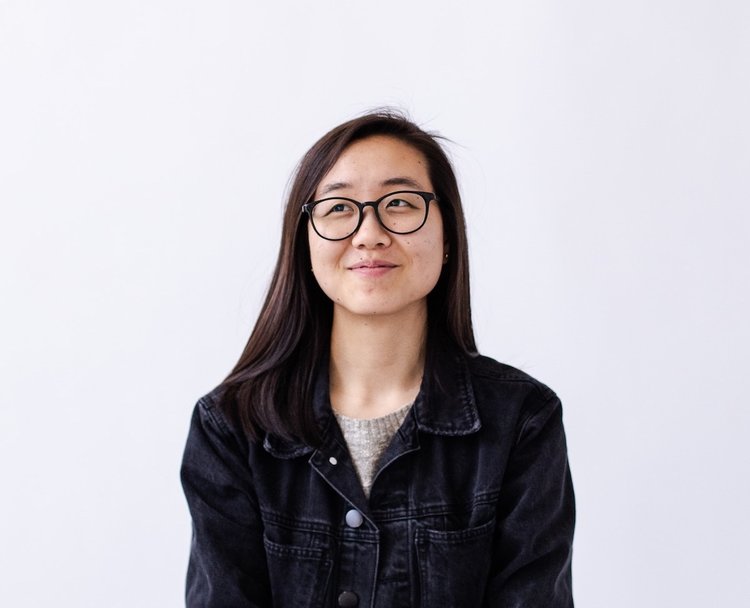Find Asian therapists: NYC | Providence | Chicago |Boston
While it’s not uncommon for therapy to have a certain stigma attached to it, for many Asians, Asian-Americans, and Pacific Islanders (AAPIs), that stigma is especially pronounced.
As a result, AAPIs may feel most comfortable working with a therapist who is also AAPI, as therapists from this community may be more in a position to understand their culture, values, and experiences.
Read more below about stats on Asian and Asian-American therapists, what topics they can help clients with, and how to find the right therapist for you!

Asian and Asian-Americans therapists by the numbers
The percentage of Asian psychologists is increasing
From 2005 to 2013, there was a surge in the number of Asian and Asian-American individuals in the psychology field of 79.5% – from 2.4% to 4.3%.
Despite rising numbers, Asian and Asian-Americans remain underrepresented in the psychology workforce
Though 5.6% of the US population is of Asian descent, Asian Americans account for the aforementioned 4.3% of the psychology workforce – with a total of 3,576 Asian and Asian-American psychologists.
(Note: This only accounts for psychologists; there are additional Asian, Asian-American, and Pacific Islander social workers, counselors, and psychiatrists. [1])
While there are more Asian-American therapists in certain parts of the United States – such as NYC, California, and Hawaii – it can be difficult to find AAPI therapists in other parts of the country.
Unique concerns that Asian-American therapists can help clients with
While Asian Americans experience mental health challenges as any other demographic, therapists in the field also identify potential causes of additional stress. These include:
- Stereotypes
- Identity challenges
- Daily micro-aggressions
- Imposter syndrome
How to find Asian and Asian-American therapists near you
Determine which type of therapy you want
When you first start looking for a therapist, you may notice different letters and titles following a therapist’s last name. The letters indicate the services the therapist is licensed to provide and the level of training they have received.
The most common abbreviations are:
- PhD/PsyD: Doctoral-level psychologist. Provides talk therapy.
- LICSW, LMHC, LMFT: Provide talk therapy.
- MD: Psychiatrists, licensed to prescribe medication. Some will offer talk therapy alongside medication management.
- NP/CNS: Nurse Practitioners (NP) and Certified Nurse Specialists (CNS), licensed to prescribe medication. Typically do not offer talk therapy.
Prioritize personal fit
Finding a therapist you trust and who puts you at ease is the absolute most important part of a successful therapy experience!
More than any other factor, look for a therapist you connect with – and who makes you comfortable being open and honest.

If you can’t find the perfect therapist who shares your background, don’t give up
If you are struggling to find an Asian therapist who fits your schedule, budget, and/or specific mental health needs, try looking for therapists who explicitly address topics around multicultural counseling in their online presence. Keywords to look for can include:
- Multicultural counseling or culturally-sensitive care
- Affirming practices for people of color and marginalized identities
- A focus on first generation challenges, acculturation, and racial identity
- Addressing issues of power, privilege, and the impacts of structural oppression
Use your initial call to ask questions about what clients and cultures they’ve worked with, and how they might be able to help you.
Start your search on an up-to-date platform where providers are vetted
Use a site like Zencare to find therapists with up-to-date listings on availability, payment info, and location. Watch intro videos of each provider, and book a free call to assess whether you feel comfortable with each therapist!
- Find Asian therapists in NYC
- Find Asian therapists in Chicago
- Find Asian therapists in Providence
- Find Asian therapists in Boston
Additional reading and resources
- Article: A Look into Asian American Mental Health
- Article: One Therapist Shares Her Perspective on Asian American Mental Health
- Chinese, Studying in America, and Struggling
- Asian American Psychological Association
- South Asian Mental Health Initiative & Network
- Disparities in college student mental health treatment
- Research study: Asian American Mental Health Care
- From therapy skeptic to Zencare founder: How I found my therapist
Sources:
[1] https://www.apa.org/workforce/data-tools/demographics.aspx